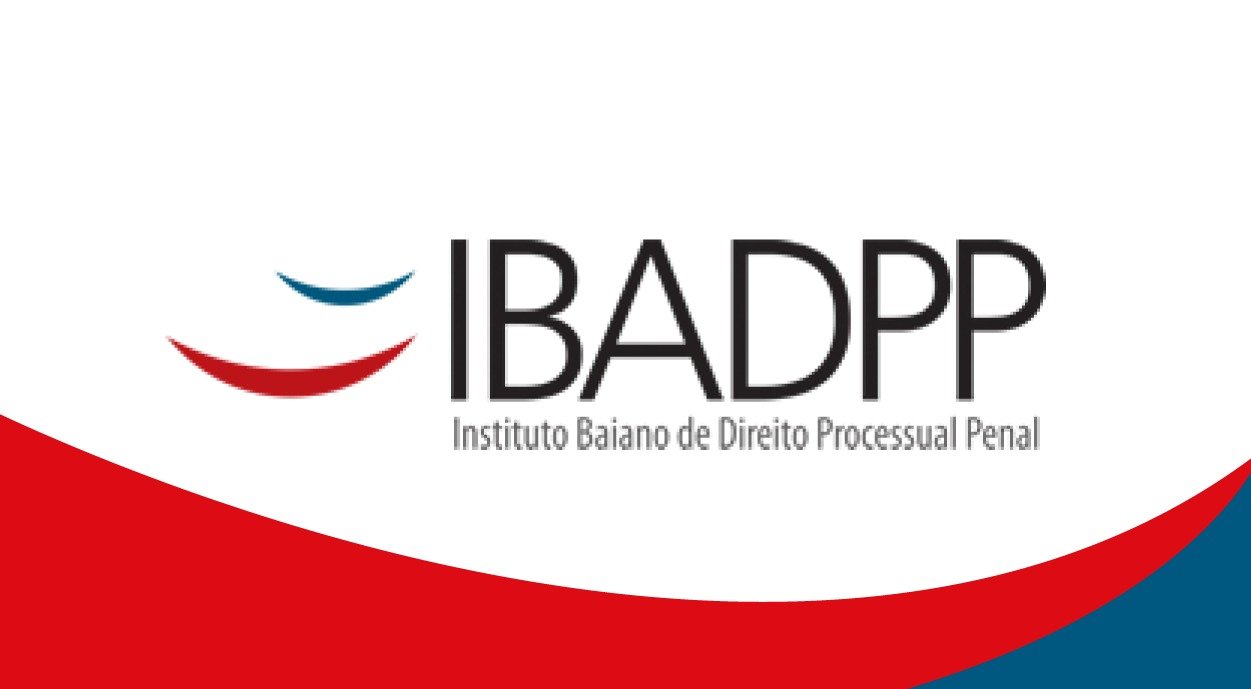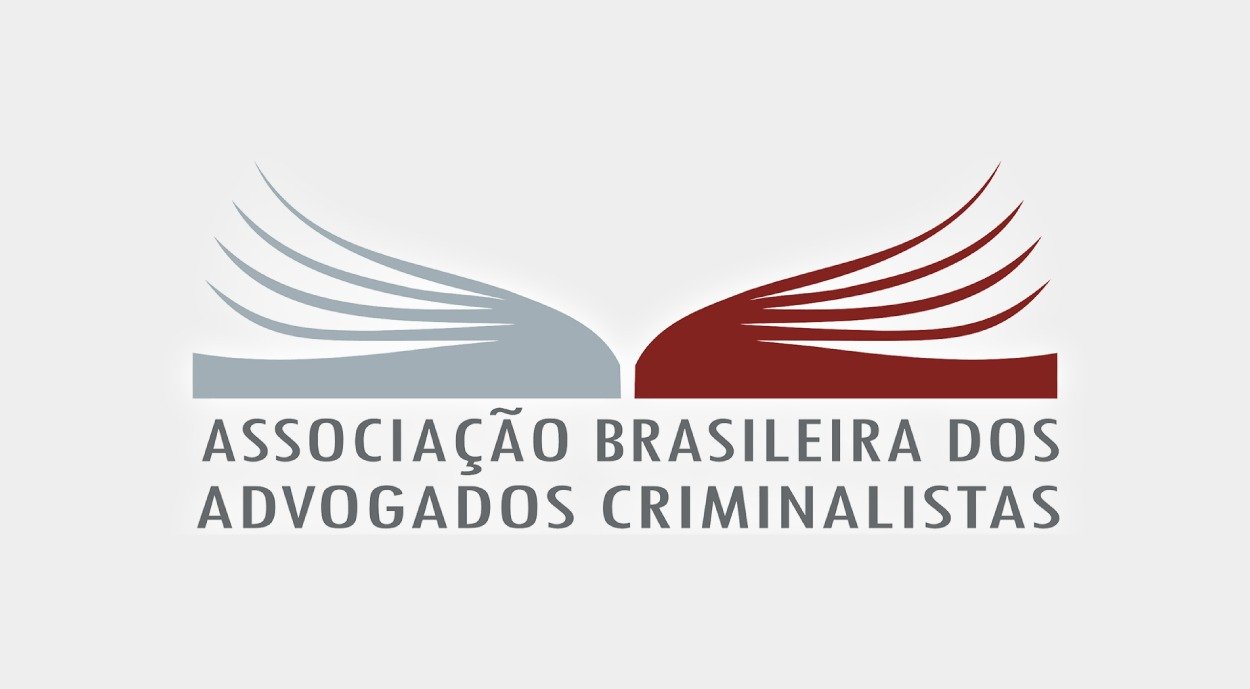Coluna Fictio Iuris
In an era dominated by information and technology, fake news has emerged as a menacing force, threatening the very fabric of our society. From political smear campaigns to fabricated health claims, the pervasive spread of misinformation has far-reaching consequences. While the impact of fake news is undeniable across various domains, its ramifications from a criminal law perspective warrant urgent attention.
Defining fake news within the ambit of criminal law poses a challenge. One person's misleading information may be another's freedom of expression. Striking a balance between safeguarding free speech and curbing harmful misinformation is a delicate task. Legislators must craft nuanced laws that distinguish between genuine expressions of opinion and malicious falsehoods deliberately disseminated to deceive the public.
Fake news has amplified the potential for defamation and libel, both civil and criminal offenses. Spreading false information about individuals or organizations can irreparably damage their reputations and provoke public outrage. While existing defamation laws may address some aspects of fake news, new legislation tailored to the digital age may be necessary to tackle the unprecedented scale and speed at which misinformation spreads.
When fake news is used to incite violence or hatred against specific individuals or groups, the line between free speech and criminality becomes blurry. Instances of fake news being utilized to fuel riots, communal tensions, or hate crimes are disturbingly prevalent. Criminal law must provide clear guidelines on identifying such incitement and imposing appropriate penalties on those responsible.
Beyond its immediate societal impacts, fake news has the potential to facilitate fraud and deception. Misleading investment advice, fake product claims, and fraudulent advertisements can lead to financial losses and harm to consumers. Criminal laws should be robust enough to hold the perpetrators accountable for their actions and protect consumers from falling victim to such deceptive practices.
Election interference through the dissemination of fake news has emerged as a significant concern for democracies worldwide. Misinformation campaigns aimed at swaying public opinion, influencing electoral outcomes, or suppressing voter participation undermine the very essence of democracy. Criminal law must be equipped to counter such attacks on electoral integrity and preserve the sanctity of the democratic process.
While it is essential to address the impact of fake news from a criminal law perspective, authorities must tread carefully to avoid stifling legitimate dissent and free speech. Transparency and accountability from tech platforms are vital in curbing the virality of false information. Collaborative efforts between government, media, and tech companies should focus on educating the public about the dangers of fake news and promoting media literacy.
Alongside legal interventions, reinforcing media ethics and journalistic responsibility is critical in combating fake news. Journalists and media organizations must adhere to rigorous fact-checking processes and prioritize accuracy over sensationalism. Promoting responsible reporting can act as a robust defense against the proliferation of misinformation.
The impact of fake news from a criminal law perspective is complex and multifaceted. While criminal laws can play a role in deterring and punishing those who intentionally spread falsehoods to cause harm, they must be carefully balanced with the protection of free speech rights. Addressing the challenges posed by fake news requires a multi-pronged approach that involves legal, technological, and societal efforts to safeguard truth, integrity, and the foundations of our democracy.
Imagem Ilustrativa do Post: Fake News // Foto de: Jesper Sehested Pluslexia. // Sem alterações
Disponível em: https://www.flickr.com/photos/153278281@N07/40297411951
Licença de uso: https://creativecommons.org/licenses/by/2.0/





